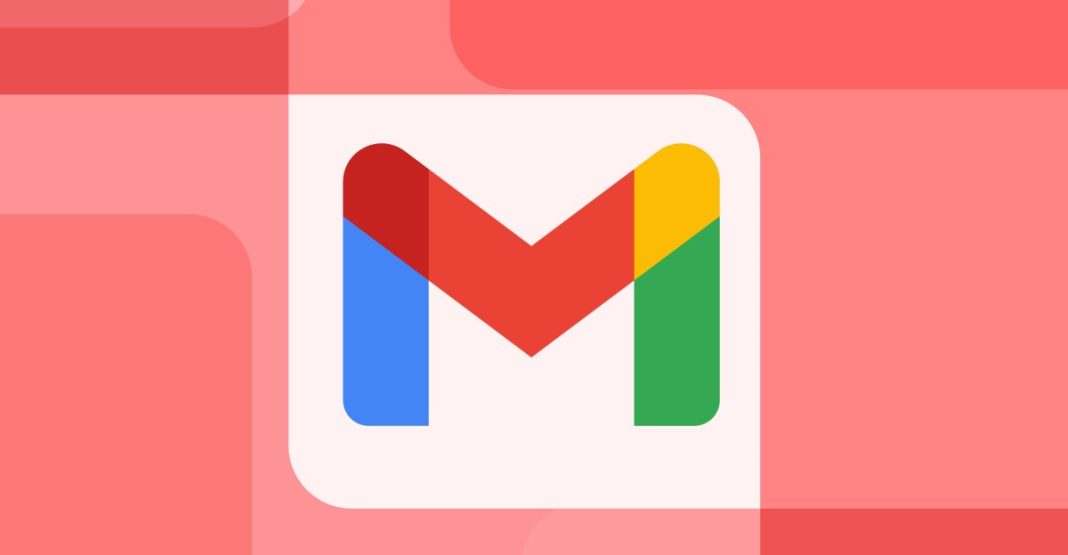In our increasingly AI-driven world, the question of data privacy looms larger than ever. We entrust vast amounts of personal information to digital services, often with little thought beyond the convenience they offer. Recently, whispers and outright claims have circulated, suggesting that Google’s ubiquitous email service, Gmail, might be using users’ private communications to train its powerful artificial intelligence models. It’s a concern that touches the very core of digital trust. But what does Google say about these allegations? They’re setting the record straight, and their message is clear: they deny these claims outright.
The Privacy Paradox: Where Rumors Take Root
The anxiety around AI and personal data is understandable. With every new advancement in generative AI, from crafting compelling text to creating stunning images, the hunger for vast datasets is well-known. This, coupled with the “if it’s free, you’re the product” mindset that has permeated our understanding of online services, naturally leads users to wonder just how their data contributes to the tech giants’ progress. For many, the idea that their personal emails—spanning everything from financial details to intimate conversations—could be silently feeding an AI feels like a profound invasion.
The claims aren’t entirely unfounded in a broader sense; tech companies do use data to improve services. However, the specifics matter immensely. Users fear their private correspondence is being scanned, analyzed, and synthesized into general AI models without consent. “It’s hard to trust big tech sometimes, especially with all the AI advancements,” says Sarah Chen, a long-time Gmail user. “You just want to know your personal conversations are actually private, not just another dataset for a chatbot.” This sentiment reflects a widespread unease that demands clear answers.
Google’s Stance: Drawing the Line on Private Data
Google has been unequivocal in its response to these specific allegations. The company states that it does not use your private content in Gmail, or other Google Workspace apps like Docs, Sheets, and Slides, to train generative AI models. This isn’t a new policy but a long-standing commitment that they are reiterating forcefully. Their privacy policy clearly outlines how data is used, and training broad, generative AI on user’s private emails is explicitly not on the list.
What Google does use AI for in Gmail are the features we’ve come to rely on for efficiency: things like robust spam filtering, smart compose suggestions, grammatical corrections, and categorizing emails into primary, social, and promotions tabs. These functionalities are designed to enhance the user experience directly within your own account, using AI that processes data in a way that respects individual privacy boundaries. Crucially, they emphasize that these operations are automated and not performed by human review, except in very rare, specific circumstances like legal obligations or if a user specifically requests support that requires access.
Navigating the Digital Trust Landscape
So, what does Google’s denial mean for the average Gmail user? It means that, according to the company, your private emails are not being fed into the vast, public-facing AI models that create poems or answer complex questions. The distinction between using AI to improve your individual experience within a service and using your data to train a foundational, generative AI model for broader applications is critical. Google’s statement aims to clarify this crucial difference.
In an era where technology evolves at breakneck speed, maintaining trust between users and service providers is paramount. Google’s explicit denial serves as a reminder of the ongoing tension between innovation and privacy. While the convenience of AI-powered features is undeniable, users will, and should, continue to scrutinize how their digital lives are handled. Staying informed about privacy policies and understanding what you’re consenting to remains the best defense in our interconnected world.
Ultimately, Google is betting on its transparency and policies to reassure its massive user base. The conversation around AI and privacy is far from over, but for now, Gmail users can breathe a little easier knowing their inboxes are not, as per Google, training the next generation of generative AI.




